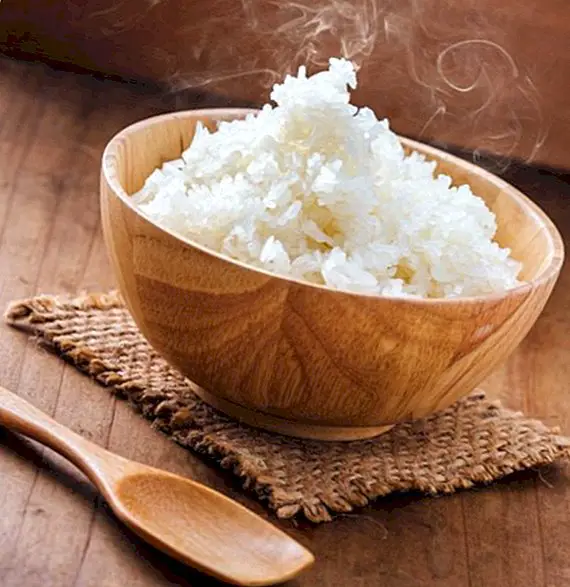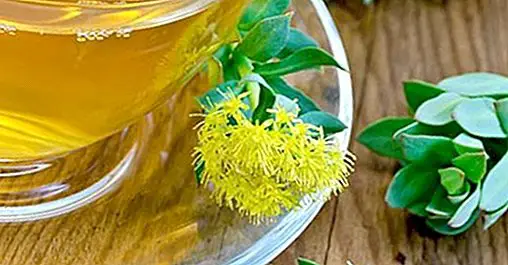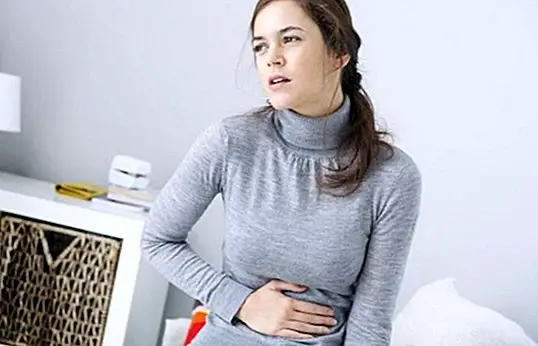Gastroenteritis and diarrhea in summer: how to prevent them and basic care
Diarrhea is a condition or ailment that most people have ever suffered in life. This ailment manifests itself with the appearance of frequent stools of liquid stools. The diarrheas are sometimes accompanied by abdominal pain, what we commonly know as cramps. They also usually manifest themselves accompanied by nausea, vomiting, fever and malaise.
In addition to diarrhea, summer cases are also frequent stomach flu. Perhaps you ask yourself the question of why these ailments are more frequent in summer. In summer these ailments are favored due to high temperatures and the consumption of possible food in poor condition. In fact, cases of gastroenteritis in babies, which in turn requires greater care and measures.

High temperatures increase the viral load of food when they are not well refrigerated or the cold chain has broken. For this reason there are some foods with which perhaps we should take precautions as is the case of salads that the vegetables have not been well washed, sweet cream, mayonnaise, ice cream, seafood, dairy, ice cubes.
In fact, we should mention that gastroenteritis in summer is not different from the one that affects us all year, but because during the summer months it becomes the most frequent digestive disorder. As we mentioned before, among the most common causes we can mention the intake of food and water in poor condition or contaminated, although it is also easy to find the cause in the infection, as it is a very easily contagious disease from person to person .
Most common symptoms of gastroenteritis in summer
Lagastroenteritis causes a inflammation of the mucosa of the stomach or intestine, which in turn causes a series of characteristic and common symptoms, such as pain that is located in the abdominal area, diarrhea, vomiting, nausea and fever. It usually tends to last between 3 to 6 days, and symptoms begin between 4 to 48 hours after infection.
Although it is a generally mild condition, it can be serious in young children, the elderly and people with weakened immune systems, so in these situations there must be medical observation to avoid possible complications.
One of those common complications is the dehydration or the loss of water reserves, so hydration is essential when we are sick with gastroenteritis, especially in children and the elderly. In this sense, when our mouth is dry, our eyes are sunken or we have difficulty urinating even if we feel like it, it is very possible that we are dehydrated.
What are the causes of gastroenteritis and diarrhea in summer?
The most frequent causes are diarrheas caused by viruses, caused by bacteria or parasites.
In summer due to the consumption of food in poor condition we can be exposed to suffer cases of food poisoning or Salmonellosis. The symptoms of Salmonella can be suffered between 2 and 6 hours after eating.
In case of persistent diarrhea, vomiting, high fever and that does not remit, we must go to the medical center to tell us the appropriate treatment.

In these cases it is necessary to make stool culture, and blood tests to know if the cause is bacterial. The most important thing to keep in mind is to stay well hydrated, taking plenty of fluids, and resort to oral serums to replenish minerals.
The diet that we must follow while the condition lasts should be astringent, until the diarrheas disappear. If the diarrhea does not remit, we should go to the doctor.
How to prevent diarrhea, gastroenteritis and poisoning in summer
The truth is that the prevention of gastroenteritis in summer It is simple, especially if you follow some basic tips that help you avoid it directly. The most important are the following:
Wash your hands often
Did you know that, in general, gastroenteritis tends to be spread by not washing our hands properly? Simply use or touch an object that has been manipulated by a person with gastroenteritis who has used it before, and then take our hands to the mouth or eyes. This infection is more common if you use knives, forks, glasses or spoons, and if you share food or water. Therefore, it is very important to wash your hands frequently, always using hot water and soap for at least 20 seconds.
Avoid sharing food, water and cooking utensils
Precisely because of what we indicated above, it is essential for the prevention of gastroenteritis to avoid sharing kitchen utensils, as well as food and water.

Among the most common and common kitchen utensils in this regard include forks, spoons and knives.Also pay attention to the glasses.
Maintain adequate food handling
Pay special attention to raw foods, avoiding mixing cooked foods with raw ones (especially with chicken and eggs) and using those utensils that have touched them without first washing them well before.
Beware of certain foods
Keep food in the refrigerator, especially sauces made with egg (as is the case of the mayonnaise). Avoid those about which you have doubts, especially if you do not know when they have been made and if they have been out of the fridge for a long time. It is best to avoid those that have been more than 24 hours at room temperature.

Regarding the egg, always keep them in the fridge once you have bought them, avoid washing them so that you could destroy their protective film, and Avoid eating dishes with egg or homemade mayonnaise if you eat outside the home.
Precautions with water
When drinking water always try to use bottled water, especially if you do not know where it comes from or if it has been open for some time. In case of doubt it is advisable to boil it well before, and then wait for it to cool.
To prevent as much as possible suffering from gastroenteritis, diarrhea or food poisoning, it is convenient to carry out a series of preventive measures such as the ones we provide below.
- When food is handled by us, we must take extreme measures of hygiene into account.
- Always wash your hands thoroughly with plenty of soap and water each time you go to the bathroom.
- We must also wash our hands well before and after the handling of food.
- Also extreme the hygiene measures with the utensils that we are going to use.
- Wash fruits, vegetables and vegetables thoroughly before eating them.
- Refrigerate food well and try not to break the cold chain.
Following these basic tips we can prevent this type of food poisoning during the summer months, which will allow us - without any doubt - to enjoy a unique holiday without any problem, in a totally safe and complete way.
Images | ISTOCKPHOTO / THINKSTOCK This article is published for informational purposes only. It can not and should not replace the consultation with a Physician. We advise you to consult your Trusted Doctor. ThemesGastrointestinal disorders Summer


